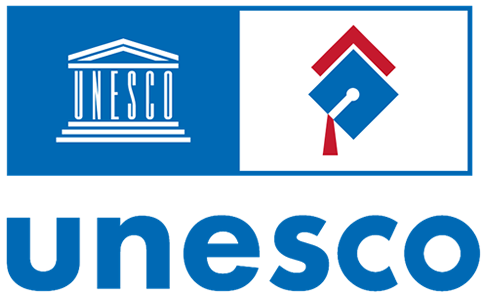The Strategic Role of Higher Education in the Sustainable Development of the Caribbean
Abstract
Education as a process allows human beings and societies to reach their fullest potential, while improving their capacity to address environment and development issues (Chapter 36, Agenda 21); by reasoning therefore, higher education should be pivotal to the achievement of sustainable development of the Caribbean Region. Currently, however, there are many issues that must be addressed by the Caribbean Community governments and higher education institutions prior to the realization of such laudable goals. The purpose of this Case Study is to demystify the typologies of Education for Sustainable Development, examine the current sustainable development practice of the University of Guyana in respect of its academic programmes and curricula, institutional practice regarding resource consumption (including water, energy, and paper), research agenda, and services (including policy advice) to the wider society. To this end, the research strategy entailed desk review of documents, key informants’ semi-structured interviews, and a survey of lecturers. The results highlight good practices can be replicated or scaled up, as well as gaps and opportunities for improvement.
Copyright notice
Copyright allows the protection of original material, and curbs the use of others' work without permission. UNESCO IESALC adheres to Creative Commons licenses in the open access publication of ESS. Specifically, texts published in this journal are subject to a Creative Commons Attribution-NonCommercial 4.0 International (CC BY-NC 4.0) license: ESS is an open access journal, which means that all content is freely available to the user or their institution. Users may read, download, copy, distribute, print, search or link to the full text of the articles, or use them for any other lawful purpose, without asking prior permission from the publisher or the author, always making sure to cite the author. Commercial use is not permitted. ESS requires authors to accept the Copyright Notice as part of the submission process. Authors retain all rights.
The full license can be found at https://creativecommons.org/licenses/by-nc/4.0/
 Attribution - NonCommercial (CC BY-NC 4.0)
Attribution - NonCommercial (CC BY-NC 4.0)
This journal does not charge authors for the submission or processing of articles. The authors of the contributions will receive acknowledgment of receipt that the work has reached the Editorial Team of the Journal.




.png)
